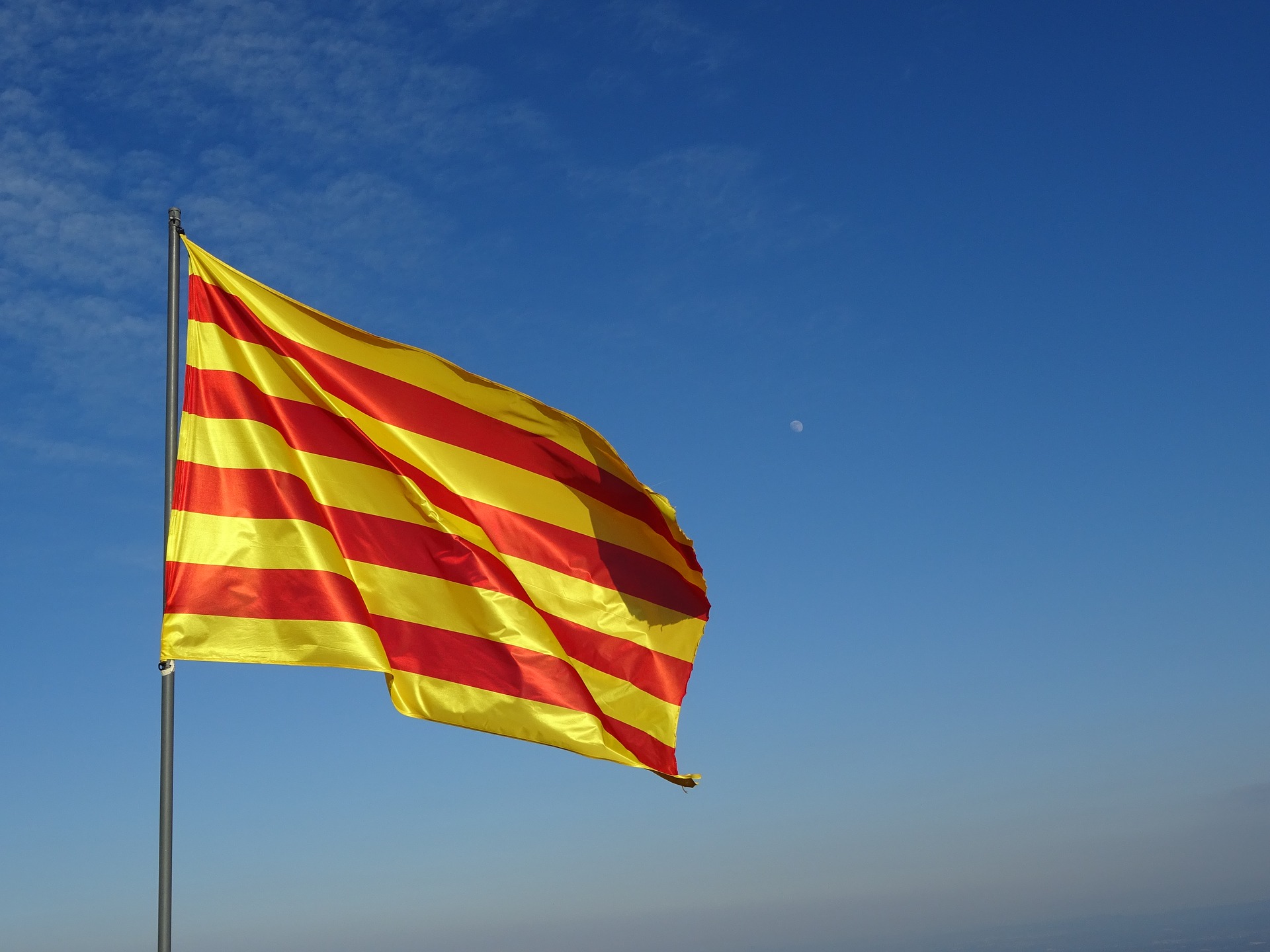Parles Català? The Lingual Hierarchy in Barcelona

by Tilly Brogan
With over 10 million speakers, Catalan is the 14th most widely spoken language in the EU. Along with Castellano (Spanish), it is also the official language of Catalonia, the region of Barcelona. The majority of the city’s visitors aren’t aware of the sizeable dissimilarity between the two languages - Castellano and Catalan - the latter actually having more of an affinity with the French language. Indeed, one shouldn’t find it abnormal to hear merci during their stay in the Catalan capital. And although Castellano is often the first native language of those originating from the Catalonia region, the recent increase of sentiment for the Catalan regional identity - following the controversial independence movement - has created a push to preserve the Catalan language. But by prioritising Catalan over Castellano, many argue that Spanish will become the inferior lingual bi-product of the Catalonia region; as Catalonia is currently still recognised as being part of Spain, it ought not to disregard the country’s mother tongue.
Language is the most significant part of identity; a binding linguistic force that can bring people together as easily as it can tear them apart. The Catalan language was banned under the Franco dictatorship, citizens heavily penalised if they dared speak Catalan in public. The Catalan tongue was painstakingly suppressed, cultivated only in the monastery of Montserrat while the dictatorship ran its course. It wasn’t until 1979 that Catalan was once again recognised as a language and the following decades were dedicated to the integration of Catalan into schools, universities, and the public space. The people of the Catalonia region are proud of their language, and one would be puerile to deny this, no matter their thoughts on the debate of regional independence.
Preservation is synonymous with exposure, so an increase in the use of the regional language means an increase in the chances that Catalan will be exempt from any further attempted eradication. But what does that mean for those that want to speak Castellano in Catalonia? Or have come to Barcelona to learn Spanish, rather than Catalan? The truth is, there is a slight feeling of disregard for those that chose Castellano over Catalan. A bold statement, yes, and one that applies only to those from the Catalonia region itself - indeed there are no qualms in speaking Spanish to Spaniards who originate from outside Catalonia. I have often felt overlooked for my lack of Catalan, despite having studied Spanish for nearly a decade and having acquired near fluency in this modern tongue. There have been occasions when my colleagues have slipped into Catalan mid conversation, leaving me unable to continue participating, or when my inability to pronounce Catalan street names has left me feeling like the rest of the ignorant tourists who refuse to speak foreign languages abroad.
Statistically, Spanish is ten fold more useful than Catalan in terms of the number of speakers in the world. It is officially spoken in more than twenty different countries, and there are more than 400 million native speakers. In comparison, there are only 7.2 million native speakers of Catalan. And yet, in Catalonia and particularly Barcelona, Castellano is becoming the outsider. Perhaps it comes down to the fact that Catalan is really a separate language, rather than just a dialect of Castellano, which is often assumed. So as long as many here don’t want to recognise themselves as being Spanish, it is understandable that they would want to distance themselves from the Spanish language as well. Ultimately, the question comes down to whether you think you ought to speak Spanish since Barcelona is in Spain, or Catalan because it’s in Catalonia.
There is a saying in Spanish that compares the inevitable escalation of a situation to a snow ball rolling down a mountain side, getting bigger and bigger every second. And I can’t help thinking that by attempting to prioritise Catalan over Castellano in Catalonia, the already volatile political climate in the city is rapidly haciendo la bola…
